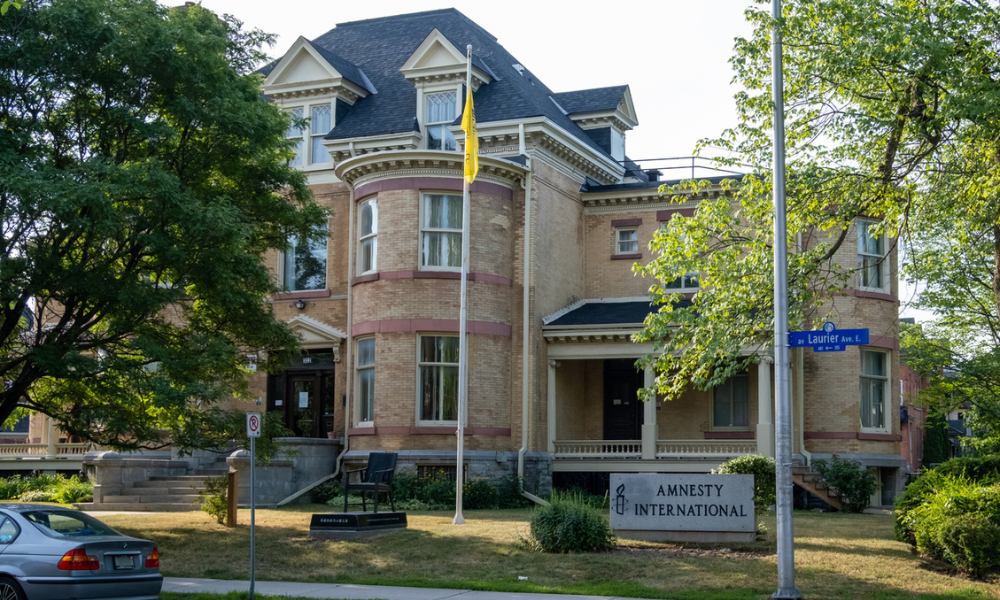
The groups would not contribute additional perspectives which the plaintiffs did not provide: court

The Saskatchewan Court of King's Bench dismissed the applications for intervenor status by Amnesty Canada and the Native Women's Association of Canada (NWAC) in a class action case alleging forced sterilization of Aboriginal women.
The plaintiffs in this class action claimed that Aboriginal women had been sterilized without proper or informed consent through tubal ligation procedures following childbirth, situating these allegations within a broader context of systemic racism and human rights violations.
The plaintiffs asserted that forced sterilizations are a manifestation of institutional, systemic racism and a violation of human rights, including breaches of the Canadian Charter of Rights and Freedoms and the Canadian Bill of Rights. They sought to have this action certified as a class action against the Saskatchewan Health Authority (SHA). They proposed a class including all Aboriginal women who were sterilized in SHA hospitals without providing proper and informed consent.
Amnesty Canada sought to file a written brief of the law, affidavit evidence, and present oral arguments, focusing on applying international human rights law to the certification issues. NWAC intended to file a written brief of law, an expert report, and present oral arguments, emphasizing the systemic discrimination faced by Indigenous women and the harms caused by such discrimination.
The Court of King’s Bench analyzed the intervenor applications under Rule 2-13 and Rule 2-12 of the King's Bench Rules, respectively. The principles guiding the court's discretion include the need for the intervenor to show a sufficient interest in the outcome of the matter, demonstrate that their involvement would advance or improve the process, and not unduly prejudice any party or transform the court into a political arena.
The court acknowledged the interests of Amnesty Canada and NWAC in the issues at hand. However, the court found neither organization would contribute additional perspectives or expertise, which the plaintiffs did not provide. The plaintiffs’ submissions already covered the potential application of international human rights law and the systemic issues affecting Aboriginal women’s access to justice.
The court concluded that Amnesty Canada and NWAC's involvement would add unnecessary delay and complexity to the proceedings without offering significant benefits. Consequently, the court dismissed the applications for intervenor status at the certification hearing. NWAC's application to intervene in future hearings was dismissed without prejudice, allowing for the possibility of re-application at a later stage.